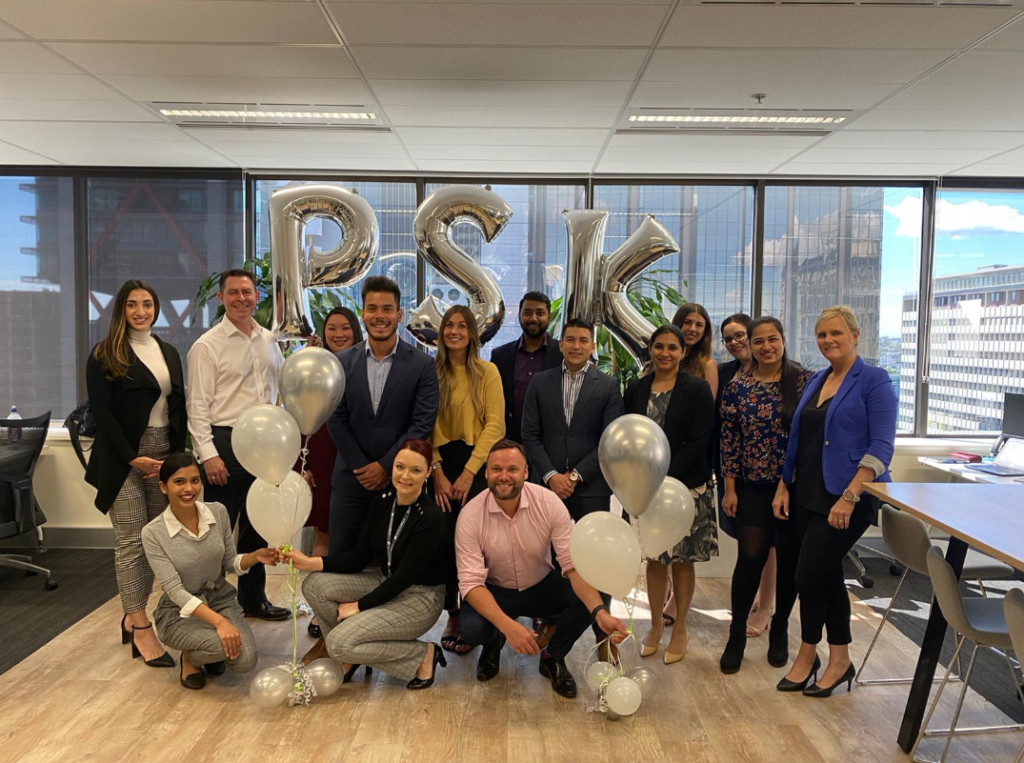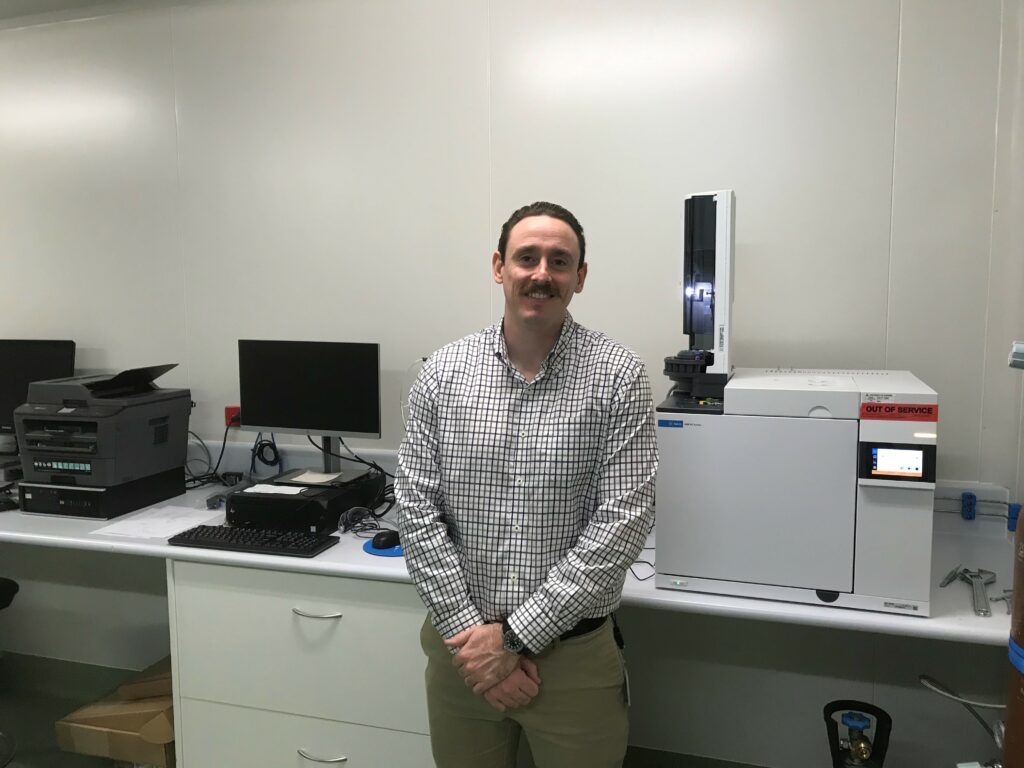Is anyone as bemused as I am with the traditional process of employer reference checks for candidates?
For some time, I’ve felt that the system we’ve used for decades has fundamental flaws and has almost become a waste of time and effort.
Over the years, I’ve been listed as a referee for many people. It’s something I take seriously, and I always try to make a useful contribution given I know how challenging it is to find great people who not only become top performers in their role but enjoy their job, which we know leads to longevity.
The reference check is just one of several components that helps to make a calculated hiring decision. Done well, it should be given as much importance as work experience, gut feel, first interview, testing results etc. But I’ve noticed many flaws with the process – and it bothers me.
Often, I don’t get contacted at all, when I do, it’s an email reference check form that I am asked to complete or a quick phone call. It’s always at the end of the hiring process, when the decision about the candidate has largely been made, and the hiring manager is essentially looking for a final confirmation.
On many occasions, it’s not even the hiring manager making direct contact with me, it’s a task that has been delegated to someone who will have little involvement or accountability for their new employee. In my view, the same person who contacts the candidate should also be involved in the interview process and the reference checks, so they can pull all the pieces of the puzzle together.
During a recent reference check call the recruiter asked me a set of typical reference check questions that were clearly read from a very basic form, and declined on grounds of confidentiality to tell me further information about the role that may have helped me share more relevant information about the candidate.
Carried out this way, the reference check can be a near worthless exercise that does little to shed real light on the applicant, let alone add anything of value for the prospective employer. Why is it like this?
It’s far from ideal, and the inherent conflicts in the process often have some impact on how diligently it’s undertaken. In fact, the name says it all – it’s a ‘check’ isn’t it? Which implies that it’s merely a confirmation, a safeguard.
To the employers who complete reference checks to tick a box, my advice would be to do it right – or not at all. Spending an hour on reference checks is a small price to pay for making sure you have got it right. What is the harm in having a genuine and consultative discussion with a referee as opposed to a form-filling exercise?
Why is an important and potentially rich step in the recruitment process so often treated as a ‘tick-and-flick’?
It’s partly due to the nature of the employer reference check, which inherently involves ‘selection bias’. No-one applying for a job knowingly supplies the names of referees who they think will give a bad rap.
The former employer may think they’re doing the candidate a favour with a glowing reference. Even an employer who has had difficulty with an employee may be tempted to gloss over the negatives, particularly if they’re aiming to move that person out or want to avoid any form of conflict if the applicant blames them for not securing the job given by that stage it was theirs to lose.
To the referees who want to look after their former colleague, there’s little to be gained from glossing over, or worse, embellishing a person’s employment history, simply to shoe-horn them into a role that doesn’t fit.
So, the quality of the referee information provided by the very person with the greatest self interest in the matter – the applicant – is already conflicted, if not tainted.
So, how can the reference check be made into a tool that delivers real value?
The reference check needs to evolve to gather legitimate, objective information about a candidate which will be of use to a hiring manager or recruiter and aid in finding a suitable role. I’ve identified three areas where a small change could make a big difference:
1. Move the reference check earlier in the process
I believe the reference check is conducted at the wrong time. I’m convinced that it would serve everyone better if it were held closer to the start of the recruitment process, rather than the finish.
In the current structure, the hiring manager or recruiter has already invested a good deal of time and resources in the recruitment search before they get to the reference check.
They would have conducted a detailed assessment of the candidate or candidates, measured against the selection criteria and cultural alignment, they will have identified and spoken to a number of applicants, perhaps put them through psychometric or other testing and arrived at a short list to present to the hiring manager or employer…. and then all that is standing in their way between a great new hire is the final step of the process – just a few quick phone calls (or emails) to the nominated referees, confirm the earlier assessments, and it should all be wrapped up in no time!
The last thing a hiring manager or recruiter wants is to discover a serious shortcoming in the candidate after all that time and effort. I’m not suggesting that a recruiter would deliberately overlook an obvious red flag that emerges at this stage of the process, but there is a powerful and understandable urge to see their professional judgments affirmed by the (hopefully quick) reference check.
I know this and I have been there recently myself where the last thing I want is to have my talented new hire fall over at the last minute only to be back at square one, yet I’m far too familiar with the cost of a poor hiring decision.
A balanced approached is key, you are looking for reasons why you shouldn’t employ them as well as why you should, keeping in mind that you can train for skills, so someone who is the right behavioural fit for your business is a key takeout from a reference check.
2. Be transparent and flexible
You will want to have some core questions prepared to help you probe for the information you are seeking, but don’t just tick the boxes one-by-one like the usual reference check – explain what you are looking for and start by asking the referee for a comprehensive overview based on their opinion of their former employee. Listening is essential and you need to be ready to ask probing questions that dig below the surface of each answer you are given.
You will get a lot more out of the referee if they are relaxed. Be honest about how long you will need to speak to them for – people are time poor, but by asking for 2 minutes of their time you are already showing a lack of respect and value of their input. No one likes being expected to just drop what they are doing, so showing them you respect their time sets the tone for a good reference check.
3. Expand the scope
Expanding the checking process to a wider circle to gain a more in-depth perspective of the candidate is one option. I know one organisation (and granted this was a very senior and public appointment) who spoke to more than twenty referees on their preferred candidate as part of landing their right person for the job – and based on what I am seeing three years in, I have no doubt they have the best person available for their job and as a result are also more educated to better engage and manage their employee which is another important reason for gathering quality background information.
Equally important, the reference phone call itself needs to be comprehensive and inquiring so that it’s used to help identify a candidate’s skills, capabilities, potential and cultural fit.
Currently, the reference check is centred on a given candidate for a given job. But, we need to broaden the parameters – when I’m contacted for a reference check, I try and engage in an honest conversation that helps to clarify the skills being sought, while providing an assessment of the candidate’s capabilities and how they might best fit the role. This more open style of discussion could also reveal how the role could be readily modified to fit the candidate or perhaps even an alternative role they are better suited to.
It’s not unheard of for a genuine referee conversation to identify a different, but better, match for an applicant.
I’m sure that we can better serve all sides – the candidate, the hiring party and the recruiter – if we alter our perspective and look upon the reference check as an opportunity to elicit genuine information that becomes an integral part of the hiring process.
Written by Kurt Gillam
Kurt is the Executive General Manager at PERSOLKELLY Australia and an Executive Leadership Team Member at Programmed. Working for the largest recruitment brand in APAC and one of the largest employers in Australia, with a strong depth and breadth of experience, Kurt is focused on building outstanding people, strong customers and great communities.
PERSOLKELLY is one of Australia and New Zealand’s leading staffing and recruitment providers. If you’re looking for work, explore our jobs, or register your details, search and apply for jobs on GO, available free from your App store. If you’re looking for staff, get in touch with us to find out how we can support your business with great people.

